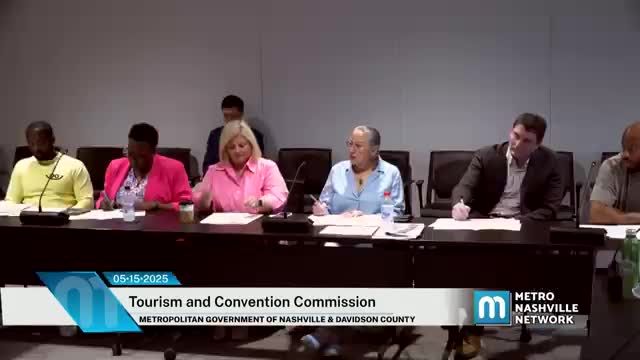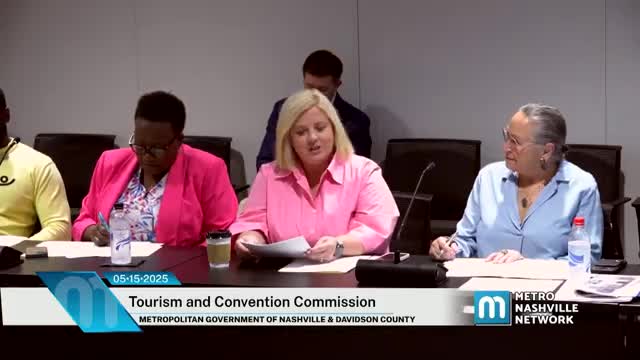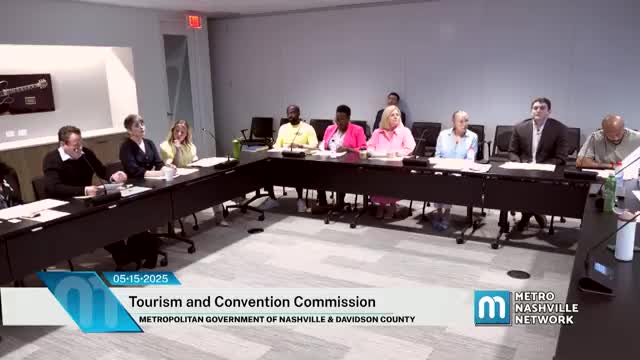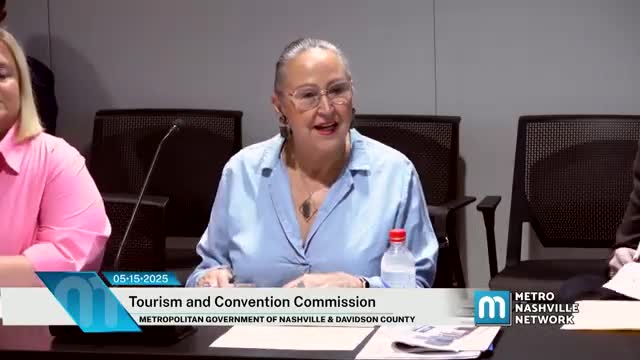Article not found
This article is no longer available. But don't worry—we've gathered other articles that discuss the same topic.

CBC reports progress on Music City Truck Climbers small-business cohort

CBC highlights nonstop international flights, marketing push and strong convention pipeline

Research report: spring travel lifted hotel revenues in March; forecast sees modest growth for 2025

